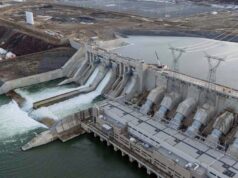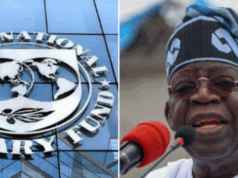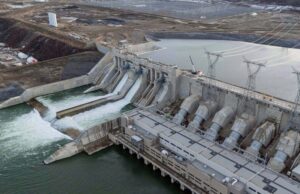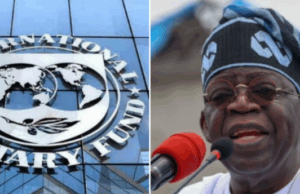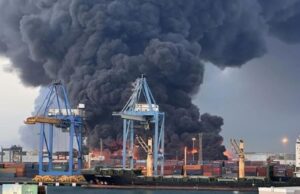In a bid to revive its oil and gas sector and attract investment, Algeria’s upper house of parliament has passed a new energy law. The move is among other reforms to ease pressures on the economy which has been struggling with shrinking state revenues. Parliament has also adopted the 2020 budget, which includes reforms to open other sectors of the economy to majority foreign ownership.
The oil and gas sector is the backbone of the Algerian economy accounting for 60% of the state budget and 94% of total export earnings. The country has been facing twin crisis of sinking energy revenues and a long drawn political upheaval. Both the reforms are aimed at pulling up the sagging economy. Huge public demonstrations since February that dislodged veteran president Abdelaziz Bouteflika in April. It is hoped that the election that is scheduled for Dec. 12 to appoint a successor to interim president Abdelkader Bensalah will bring some stability to the country. For the budget bill to become law, it has to be signed into law by the president. But the Protesters, who demand cancellation of the election until more in the ruling hierarchy relinquish power, oppose passage of any major legislation, for now.
The energy law will come into effect once it is published in the Official Gazette. To offset the falling energy earnings, the 2020 budget includes a 9.2% reduction in public spending. The deficit stood at 7.2% of gross domestic product.
Algeria’s state energy company Sonatrach’s output and exports suffered a severe setback when its foreign partners stayed away in recent years, complaining of bureaucracy and unattractive contract terms. High domestic consumption which has been rising 7% annually, further complicated the situation. The new reform includes tax sops and lesser administrative procedures, production sharing, and risk services.




